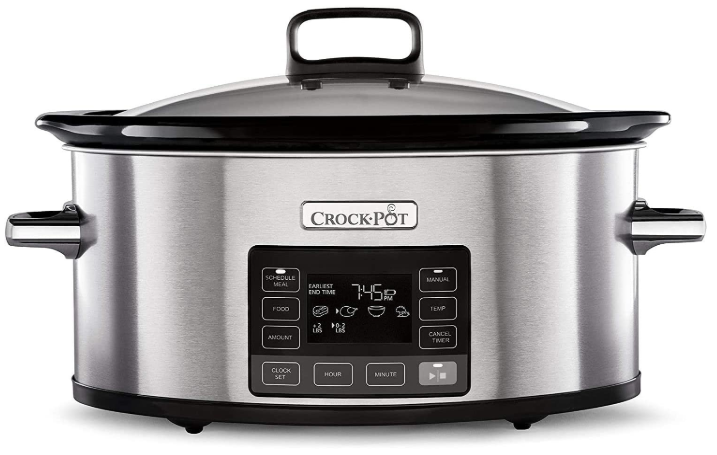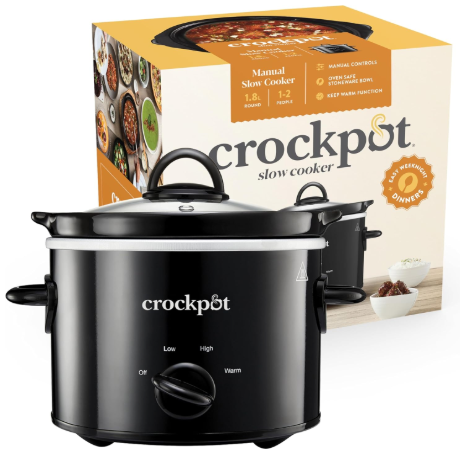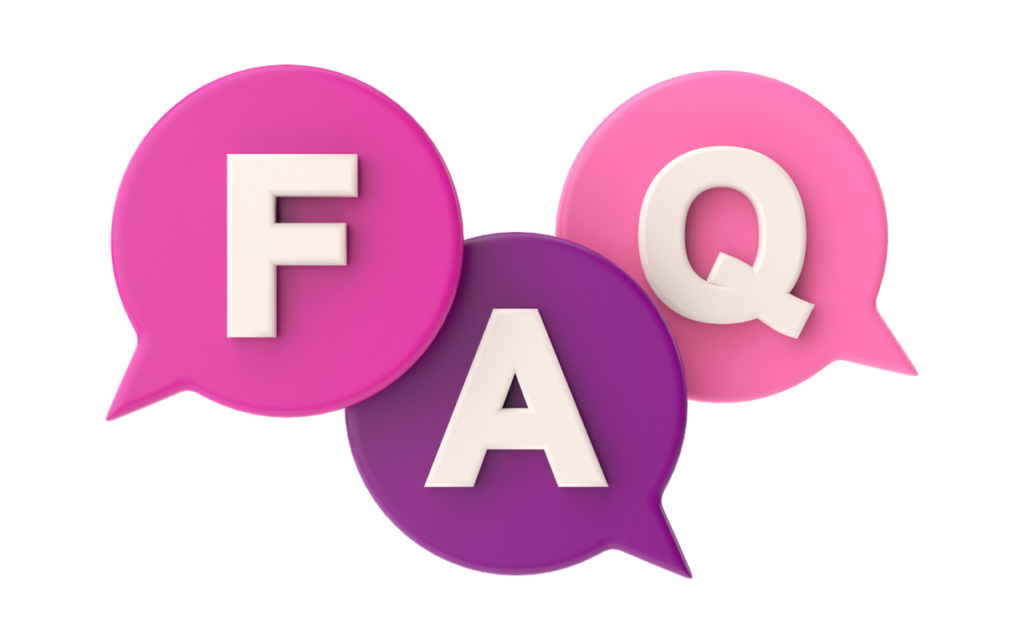Physical Address
304 North Cardinal St.
Dorchester Center, MA 02124
Physical Address
304 North Cardinal St.
Dorchester Center, MA 02124


When it comes to convenient cooking, slow cookers and Crockpots often steal the spotlight. You might think they’re the same, but there are key differences that can affect your culinary adventures. Understanding these distinctions can help you make the best choice for your kitchen.
A slow cooker is a versatile appliance designed for low-and-slow cooking, while a Crockpot is a specific brand of slow cooker that popularized this method. Knowing what sets them apart can enhance your meal prep and ensure you’re using the right tool for your favorite recipes. Let’s dive into the details and discover which one fits your cooking style best.
Slow cookers provide versatility, cooking meals using low heat over extended periods. They offer various functions, including different heat settings, allowing you to prepare a wide range of dishes, from stews to casseroles. Many users appreciate the convenience of a slow cooker, as it allows for meal prep in advance and minimal active cooking time.
Crockpots, on the other hand, refer specifically to a brand of slow cookers originally introduced in the 1970s. While all Crockpots are slow cookers, not all slow cookers are Crockpots. Crockpots often feature a signature stoneware pot, combined with an external heating element for even heat distribution. This design helps retain moisture and flavor, making them popular for both novice and experienced cooks.
Both tools are excellent for easy, hands-off cooking, but understanding the differences can help optimize your meal preparation and selection of the right appliance for your cooking needs.
Understanding the distinctions between slow cookers and Crockpots can influence your cooking experience. Here are the main differences that set them apart.
Both slow cookers and Crockpots offer versatility in cooking, allowing you to create a wide range of meals with minimal effort. Understanding their capabilities enhances your cooking experience and meal options.
Recipe adaptability plays a crucial role in utilizing slow cookers and Crockpots effectively. Slow cookers accommodate various recipes, including those requiring simmering, sautéing, or braising. You can easily convert traditional stovetop recipes, adjusting cooking times to fit low-and-slow methods. In contrast, Crockpots excel in embracing classic slow cooking recipes, such as pot roasts or stews, due to their design promoting even heat and moisture retention. You can modify existing recipes to suit your cookware, ensuring delicious outcomes.
Types of dishes prepared in these appliances showcase their versatility. Slow cookers handle an array of options, including soups, casseroles, and even desserts like breads and cakes. You can explore creative side dishes and appetizers, enhancing your meal presentation. On the other hand, Crockpots shine in dishes that benefit from prolonged cooking, such as hearty soups, tender meats, and flavorful chili. You can also prepare breakfast items like oatmeal or frittatas, providing meal variety throughout the day. Each appliance allows for experimentation, resulting in unique and satisfying meals tailored to your preferences.
Each appliance offers unique benefits, making them suitable for different cooking needs. Understanding these advantages can enhance your meal preparation experience.
Choosing between a slow cooker and a Crockpot ultimately depends on your cooking style and preferences. If you value versatility and multiple settings for a variety of dishes, a slow cooker might be the right fit for you. On the other hand, if you’re looking for an appliance that excels in classic slow cooking with optimal moisture retention, a Crockpot could be your best bet.
Both options offer unique benefits that can simplify meal prep and enhance your culinary experience. By understanding their differences, you can make an informed decision that suits your kitchen needs and helps you create delicious meals with ease.

A slow cooker is a general appliance for low-and-slow cooking, while a Crockpot is a specific brand that popularized this method. The key differences lie in their design, with slow cookers having various shapes and materials, and Crockpots using a round stoneware pot for heat retention.
Yes, you can use a Crockpot as a slow cooker. Since a Crockpot is a type of slow cooker, it utilizes the same cooking method, but with its unique design that promotes moisture retention and even heat distribution.
Slow cookers can handle a wide variety of dishes, including soups, casseroles, stews, and even desserts. Their multiple temperature settings make them versatile for different cooking techniques.
Crockpots excel in classic slow-cooked recipes, especially hearty meals like pot roasts, chili, and braises. Their design helps ensure optimal flavor retention and moisture for these types of dishes.
Slow cookers are generally more versatile due to their multiple temperature settings and various shapes. They can adapt to different cooking techniques, unlike Crockpots that are primarily designed for slow cooking.
Consider your cooking needs and preferences. If you want versatility and various cooking methods, a slow cooker may be ideal. If you’re focused on traditional slow-cooked meals, a Crockpot is a great choice for retaining moisture and flavor.
Yes, slow cookers are energy-efficient appliances. They use low heat over prolonged cooking times, consuming less energy than conventional cooking methods while effectively preparing meals.
Yes, you can leave a slow cooker on all day. They are designed for long cooking times, making them suitable for meal prep when you’re away, ensuring your dishes cook slowly and evenly.